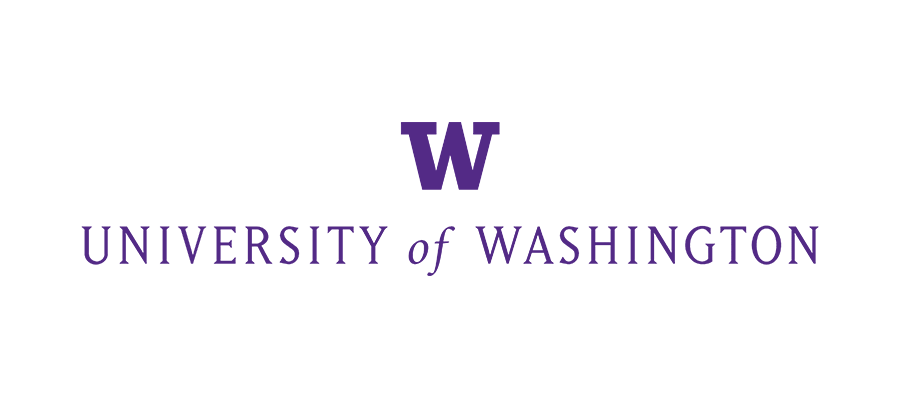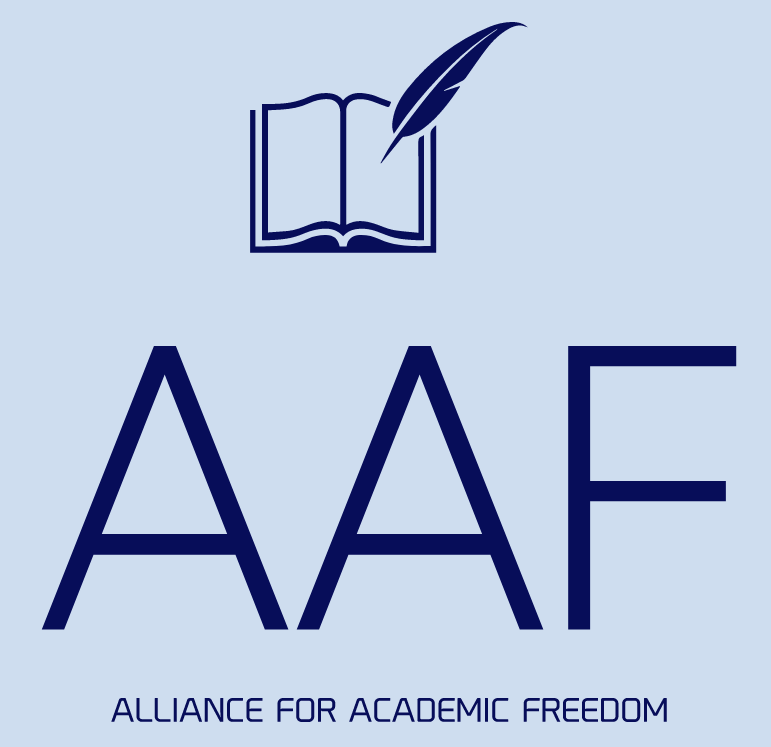Alliance for Academic Freedom Statement Regarding Return of an Israel Studies Gift at University of Washington
The Alliance for Academic Freedom condemns the return of a gift by the University of Washington endowing an Israel Studies program. This action, which drastically reduced the program’s funding, constitutes a violation of the tenets of academic freedom. According to news reports in the Jewish Telegraphic Agency and the Seattle-based Cholent, as well as the University of Washington’s statement, donors to the program, including its major donor, Becky Benaroya, objected to the ideological direction of the program. After discussions with the university, Mrs. Benaroya asked that the gift be returned and the university complied.
If academic freedom is to be upheld, those granting gifts to academic programs at universities must neither seek nor be allowed to micromanage faculty hiring, course offerings, other events associated with the program, or faculty members’ speech. Only in an instance of gross pedagogical malpractice should a tenured professor be removed from a chair, and, in that case, a new search should yield a new chair without affecting funding. The university was wrong to acquiesce in the return of Mrs. Benaroya’s gift. University leadership has an obligation to uphold the independence of scholarship even when it veers in directions of which its donors disapprove. Universities also have an obligation to inform donors from the outset that they may not maintain ideological or political control over academic affairs. Donors may reasonably insist on the terms of their gifts. It is legitimate, for instance, to stipulate that a gift go to support “Israel Studies” as opposed to “Middle Eastern Studies” or “Israel/Palestine Studies.” But they may not dictate individual hires, teachers, speakers, and the like.
Some online statements allege Prof. Liora Halperin was being punished for signing an anti-Israel petition. Although that assumption appears to be mistaken, it bears repeating that academic freedom protects the right of Prof. Halperin to express whatever political opinions she wishes. The university acted properly in refusing the donor’s request to restrict the speech of any professor holding a chair endowed by her gift. The university has also properly maintained Prof. Halperin’s salary and benefits where they were before the gift was returned. Nonetheless, the withdrawal of the gift has meant that the overall funding level of the program has been reduced. Prof. Halperin may not have been harmed financially, but the Israel Studies program itself has been, at least in the opinion of some graduate students in the program.
Finally, it is essential to understand the broader context of this incident, which involves a significant threat to academic freedom from the opposite direction as well. As we have noted in the past, particularly because questions around Israelis and Palestinians are deeply contentious, there is an ongoing danger that academic freedom on this issue will be diminished in the service of political goals. We worry whenever “pro-Israel” or “pro-Palestinian” actors, inside or outside the campus, try to make Israel Studies reflect a political line rather than a place for scholarly inquiry. As was evident last May when fighting erupted between Israel and Hamas, some academics, including in Jewish Studies and Israel Studies, now openly insist that only a political framework hostile to or skeptical of Israel’s continued existence as a Jewish state should be regarded as legitimate—a position that itself runs contrary to tenets of academic freedom. It is important that academic officers at universities take care to ensure that such ideological bias not come to dominate Israel Studies or the teaching of the Israeli-Palestinian conflict in general.
On Behalf of the AAF Executive Committee: Susana Cavallo, David Greenberg, Rebecca Lesses, Jeffry Mallow, Sharon Musher, Cary Nelson (Chair), Kenneth Stern

